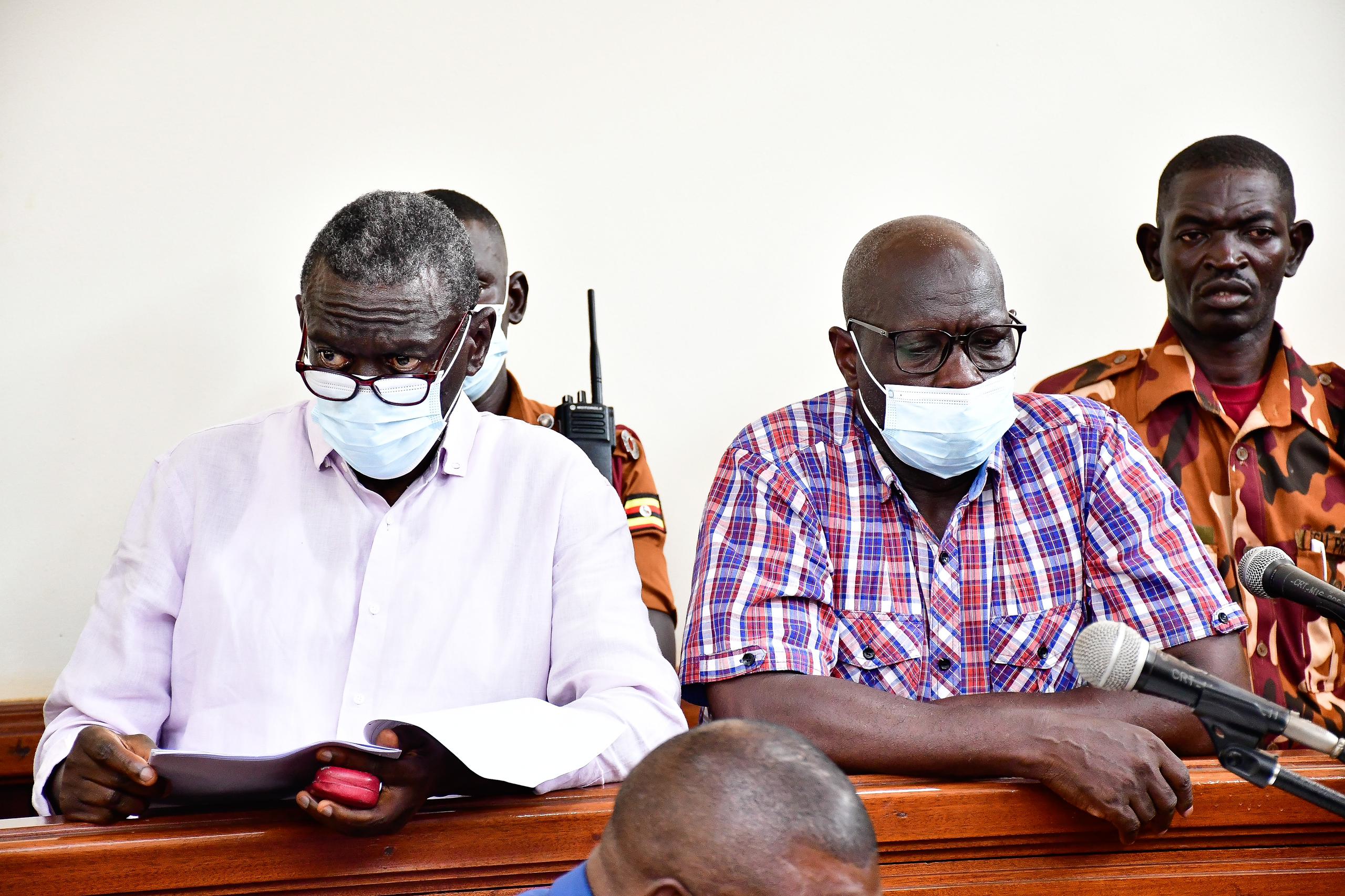
What the Auto-EPS debacle reveals about Uganda’s governance mindset
While policymakers point to timelines and legal frameworks to justify readiness, the public often experiences these reforms as impositions rather than collaborations. That Auto-EPS took two decades to materialise but still managed to catch its target population off guard is evidence of a hollow civic process, more internal than inclusive, more top-down than consultative.
Comment | One of the most talked-about issues in Uganda this week is the sudden suspension of the Automated Express Penalty Scheme (Auto-EPS), a system that was meant to restore order on our chaotic roads but has instead ignited confusion, backlash, and a threatened nationwide taxi strike. It’s more than a traffic issue. It’s a governance moment, revealing how state reforms can lose legitimacy when citizens are left out of the process.
On paper, Auto-EPS was a long time coming. Its legislative roots stretch back to 2004, anchored in the Traffic and Road Safety Act. New regulations were quietly gazetted in 2024, and by April 2025, the Ministry of Transport assured the public it was ready. Enforcement, however, only began on 6th June 2025, complete with smart cameras, digital fines, and no meaningful sensitization. Just one week later, the entire system was suspended pending review.
So why did a policy 20 years in the making feel like an ambush?
This is the paradox of governance in Uganda and many similar states: process without participation. While policymakers point to timelines and legal frameworks to justify readiness, the public often experiences these reforms as impositions rather than collaborations. That Auto-EPS took two decades to materialise but still managed to catch its target population off guard is evidence of a hollow civic process, more internal than inclusive, more top-down than consultative.
And this is not uniquely Ugandan.
In India, a similar digital road reform—FASTag—was widely resisted in rural areas due to poor outreach and tech accessibility. In Kenya, the rollout of E-citations stalled repeatedly because of unclear penalties and pushback from informal transport unions. Nigeria’s Lagos State tried automated enforcement but had to revise the system after public uproar, owing to the lack of transparency and unfair application.
These countries made mistakes, but they also learned to build in phased rollouts, education campaigns, and citizen feedback mechanisms. Uganda, in contrast, rolled out Auto-EPS not as a public good but as a policing tool, delivering fines before delivering understanding. Cameras may be efficient, but they cannot explain themselves. And efficiency without empathy becomes tyranny by another name.
The irony is that the state’s intention was not misguided. Uganda does face a road safety crisis. Traffic corruption and reckless driving have claimed thousands of lives. But you cannot modernize through force. People obey laws they understand, systems they trust, and reforms they help shape. For the average taxi or boda driver, waking up to unexplained fines with no clear appeal process is not order—it’s harassment dressed in software.
There are three key lessons Uganda must draw from this:
- Time does not equal readiness. The age of a policy means nothing if its implementation lacks local legitimacy.
- Transparency must match technology. Digital enforcement must be accompanied by accessible information, redress structures, and civic inclusion.
- Public trust is not automatic. Especially in informal economies, the government must meet citizens where they are, not where the system wishes they were.
Auto-EPS was suspended not because Ugandans fear order, but because we fear unaccountable order. And therein lies the teachable moment. For Uganda to embrace digital governance, it must also embrace digital democracy. No matter how efficient a machine, governance must remain a human endeavor, rooted in empathy, shaped by dialogue, and sustained by trust.
Only then will policy move from paper to people, not as surprise attacks, but as shared paths to progress.



